
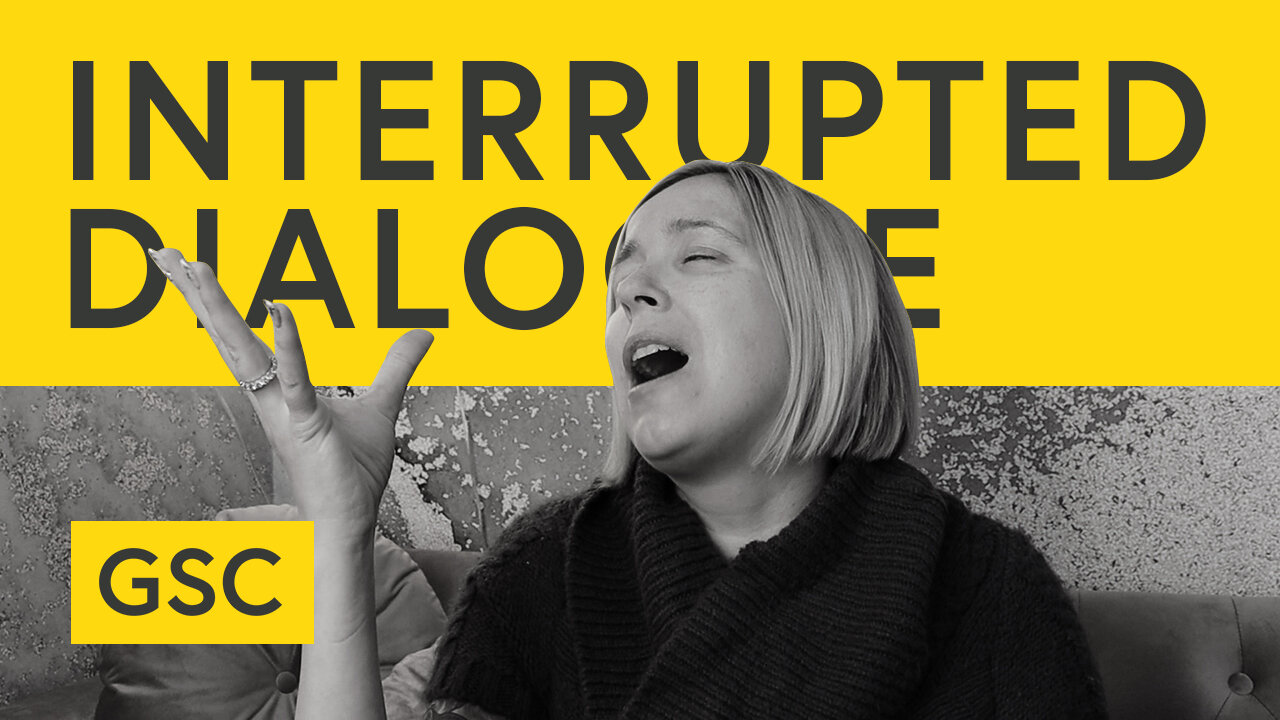
Interrupted Dialogue
If you've been wondering how to format interrupted dialogue in your manuscript, here's a quick answer.

The Body and Soul of Story
Stories are like people. They have a body, and a soul. The body is the plot, the actions that happen. And the soul is the character, the protagonist, the key person (or persons) bound by the circumstances of the plot and forced into decisions.
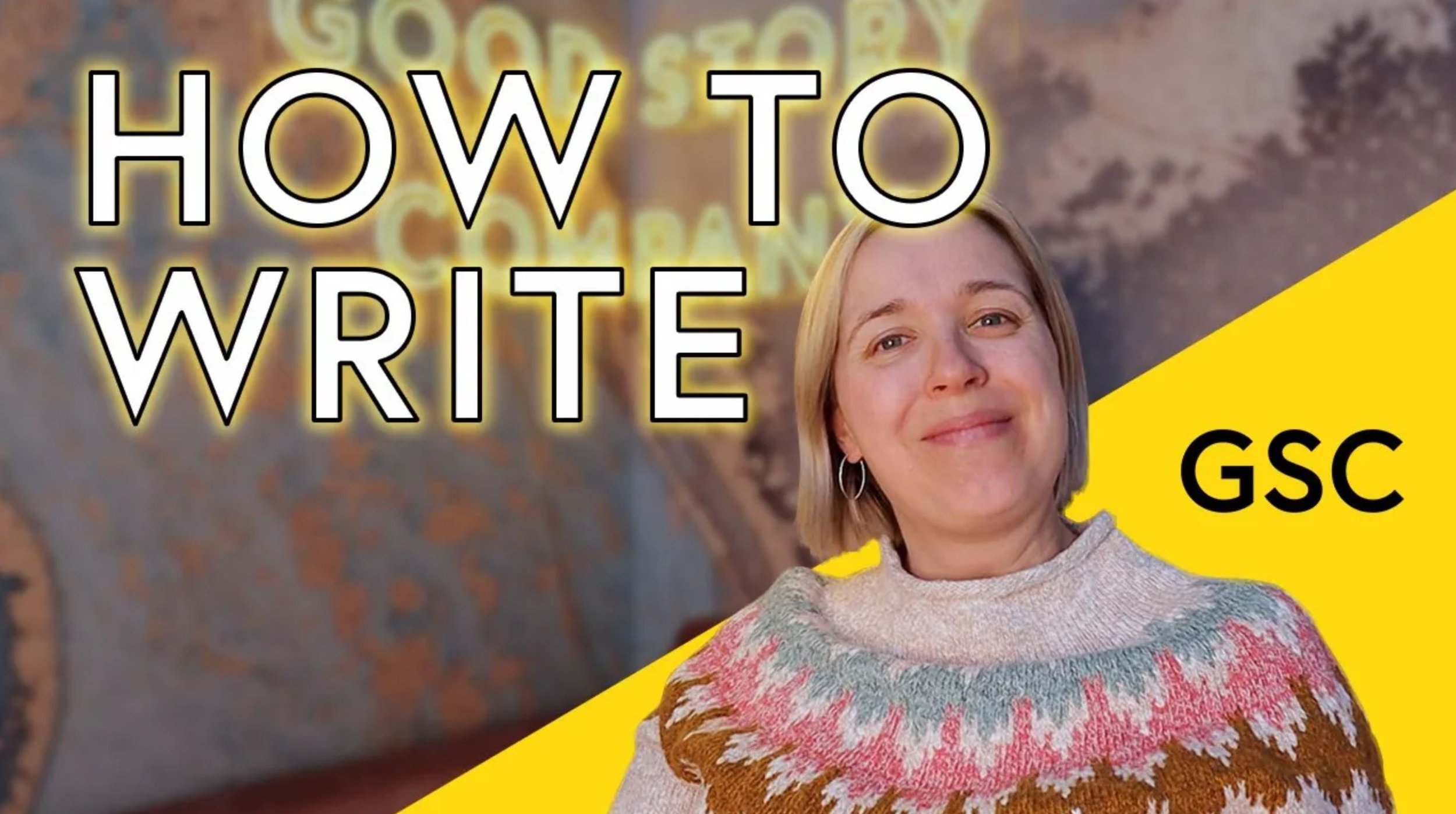
How to Write
Here's an energizing pep talk on how to write, including the ingredients you need to get started and keep going.

Help! I’m Distracted from Writing.
Getting distracted from writing has always been a challenge for writers. But it’s more acute these days, as lockdowns and quarantines interfere with the habits we once built. Here are the top four ways we tend to get distracted from writing, with troubleshooting solutions for each.
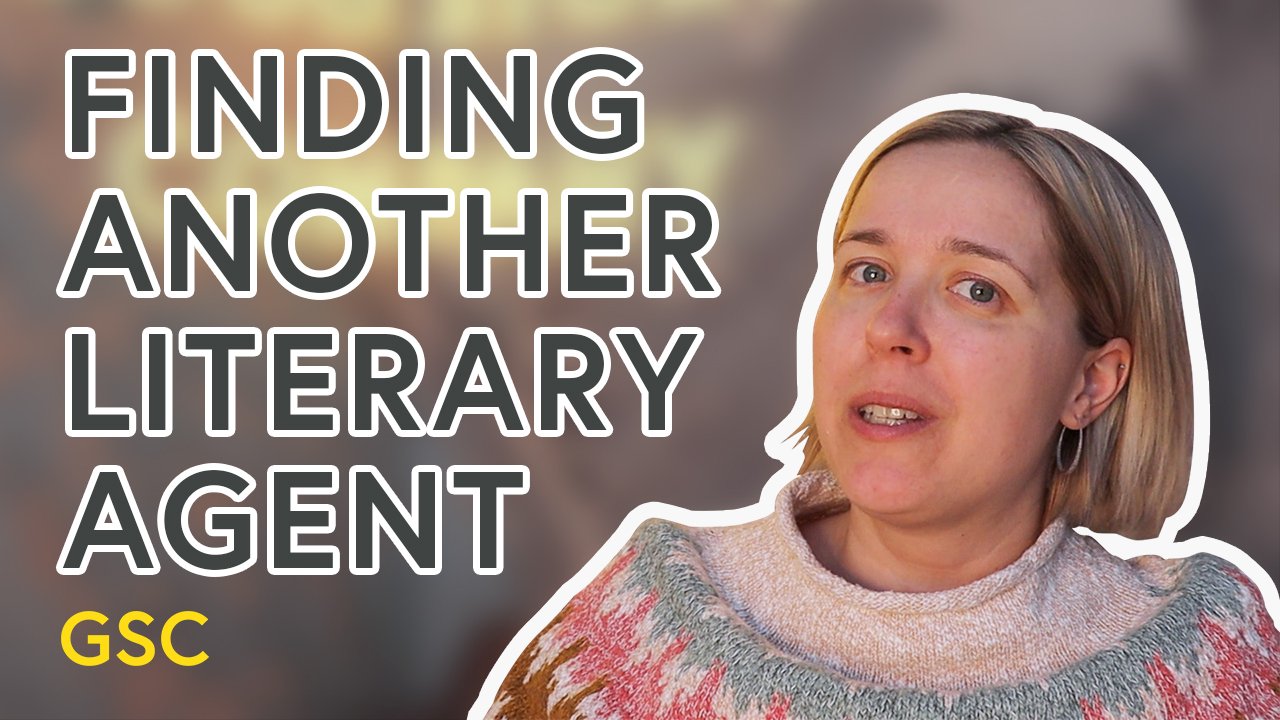
Finding Another Literary Agent
Thinking about finding another literary agent? Here are some tips to help smooth the transition.
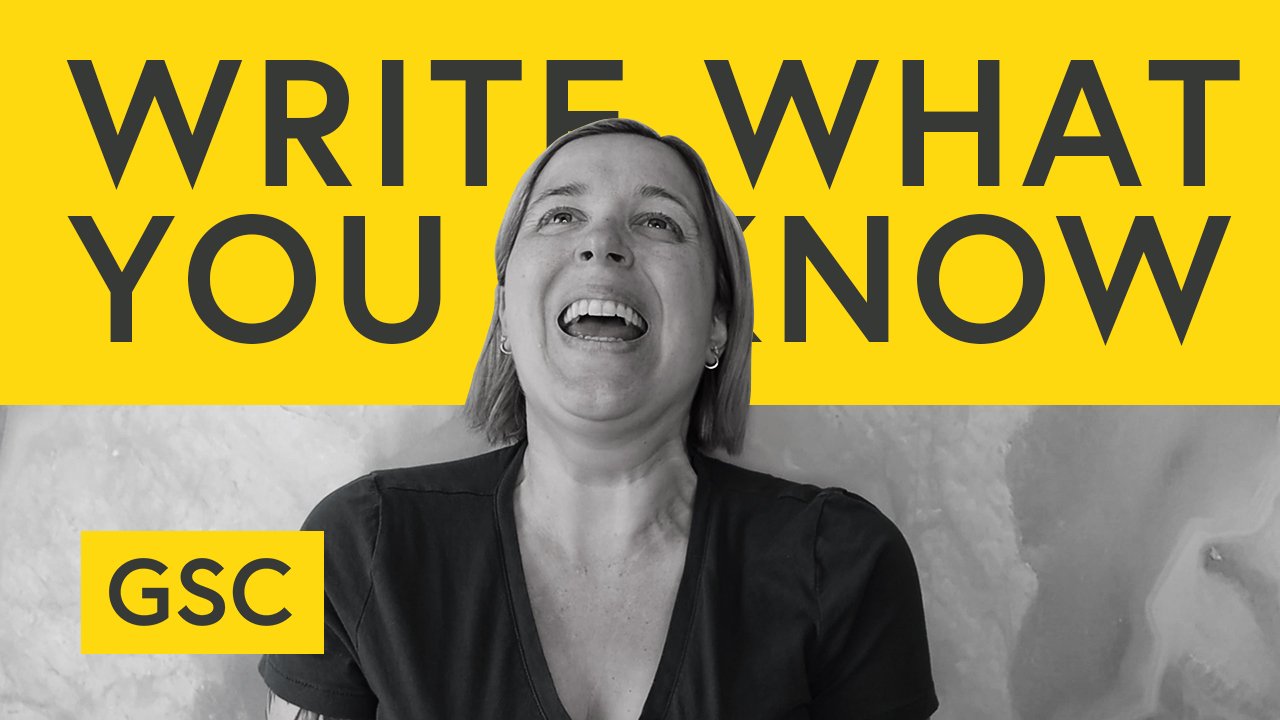
Write What You Know
Here's a video follow-up to our blog post on the old writing adage "write what you know." A closer look at what this expression really means and how you can make it work in your writing.

Writing Secondary Characters
Even though narratives tend to focus on the life of one character – sometimes a few in multiple POV – the people in that character’s life are equally important. Giving them personalities, sometimes backstories and arcs of their own, are what make the narrative as a whole more realistic.

Descriptive Writing Tips
These descriptive writing tips will help you create impactful imagery that supports your story.

ANNOUNCING THE GOOD STORY GRANT WINNERS for 2021
The Good Story Grant aims to help two writers reach the next step in their creative journeys. This grant is open to writers of all skill levels, and working in all genres and categories. The award is $1,500 US, used however you’d like … as long as it has to do with writing and helps you tell your story.

Children's Book Illustrator Portfolio
Essential advice for illustrators on building an online home for your art to prepare for querying art reps or literary agents.
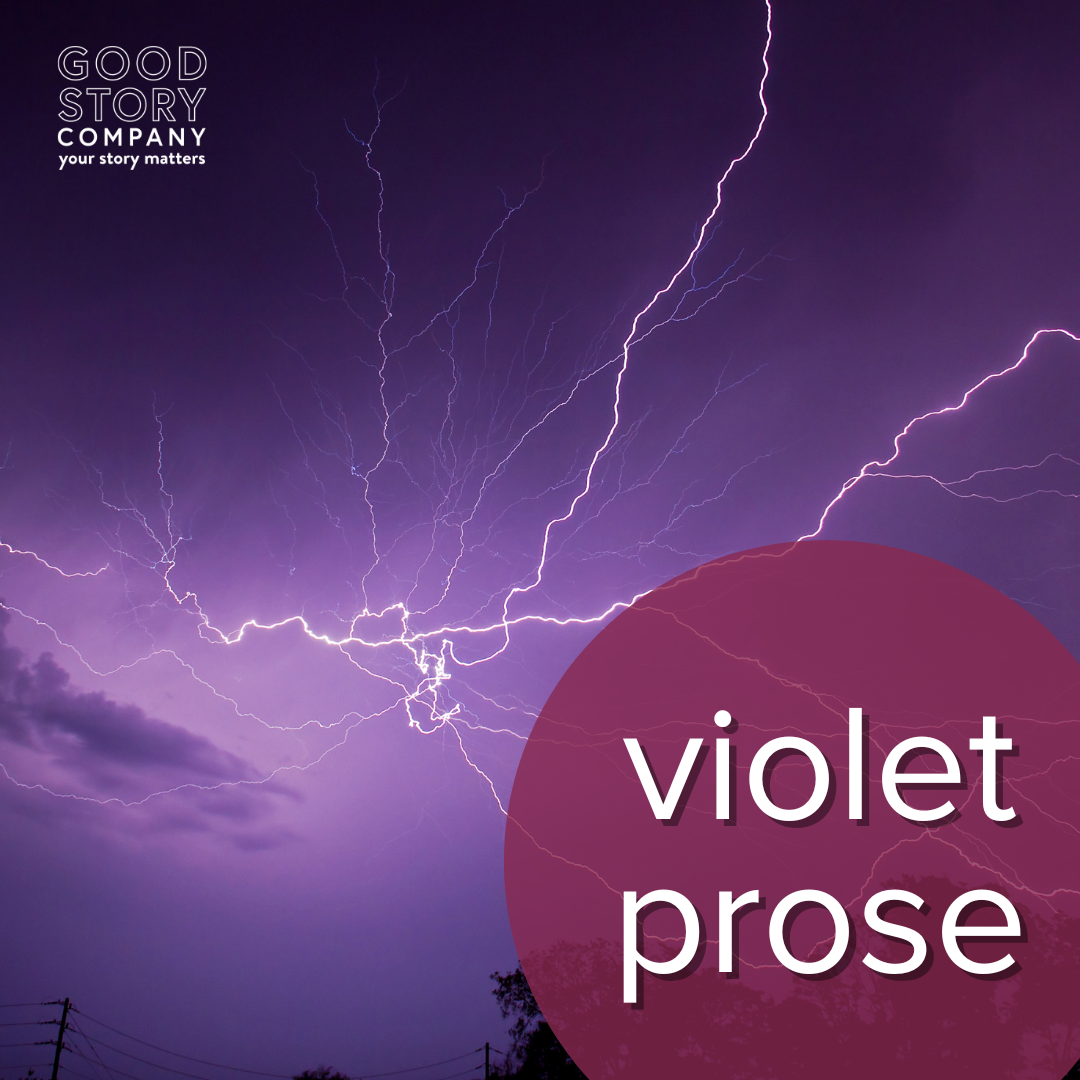
Violet Prose in Writing
Violet prose—an ominous and sometimes confusing term. What is it, and how do we avoid it in our writing? Or … is it really that bad?
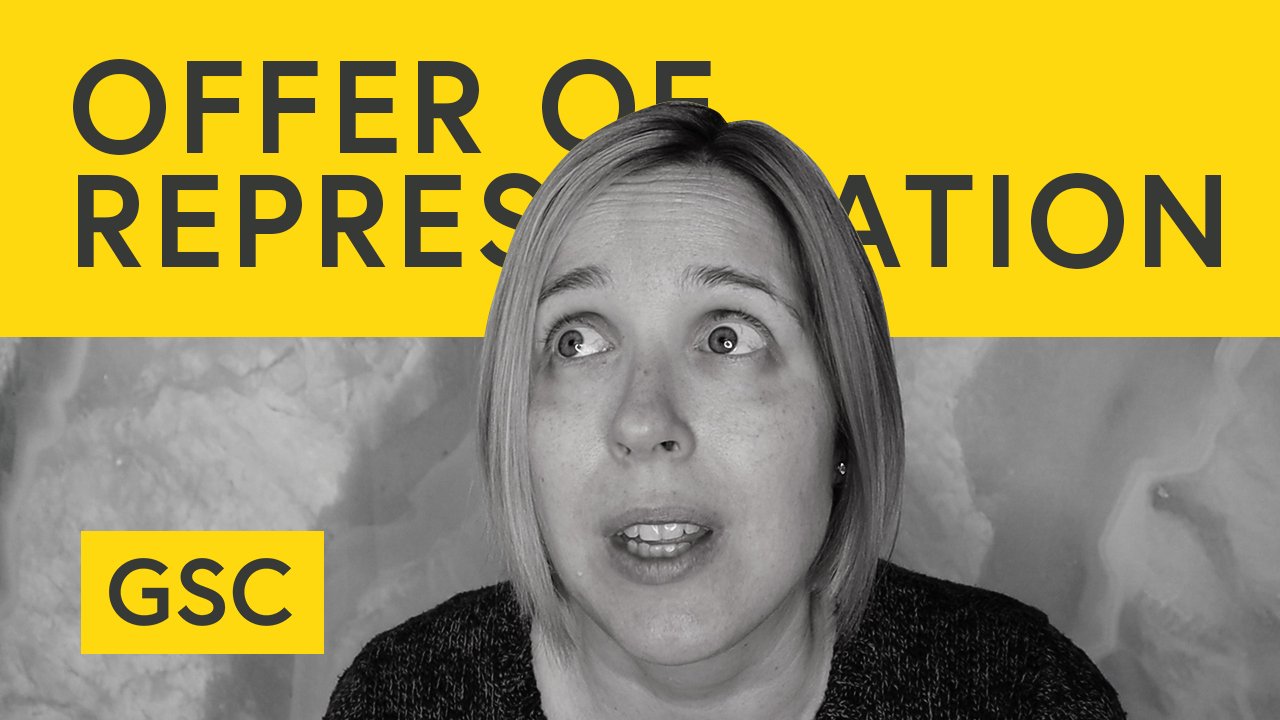
Offer of Representation
You have an offer of representation from a literary agent--now what? Here are some crucial questions to ask before you sign on the dotted line.

Trust Your Reader
Among popular bits of advice—create empathetic characters, avoid rhetorical questions, try starting with an outline—“trust your reader” is often overlooked. Here’s how to trust your reader to understand what you’re trying to show.

Novel Submission
Here's what you need for a strong novel submission package that'll stand out to agents and publishers.
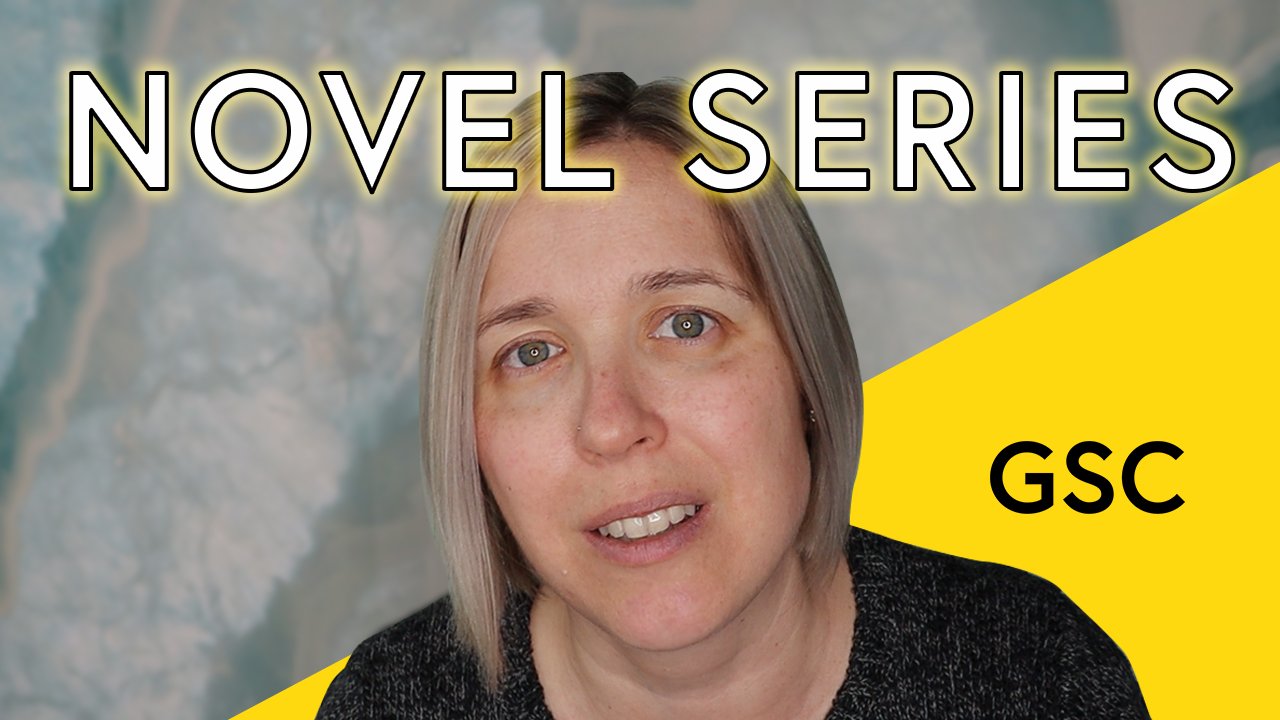
Novel Series
Writing a novel series? Here are some valuable tips on planning and executing your series, as well as how to pitch it to publishers.

Rethinking Writing Productivity
Writing productivity is especially relevant this time of year, when we’re thinking about how to squeeze the very most out of our days. For many writers, the festive season is when we’re juggling day jobs, family, holiday preparations, and—oh, yeah—writing.
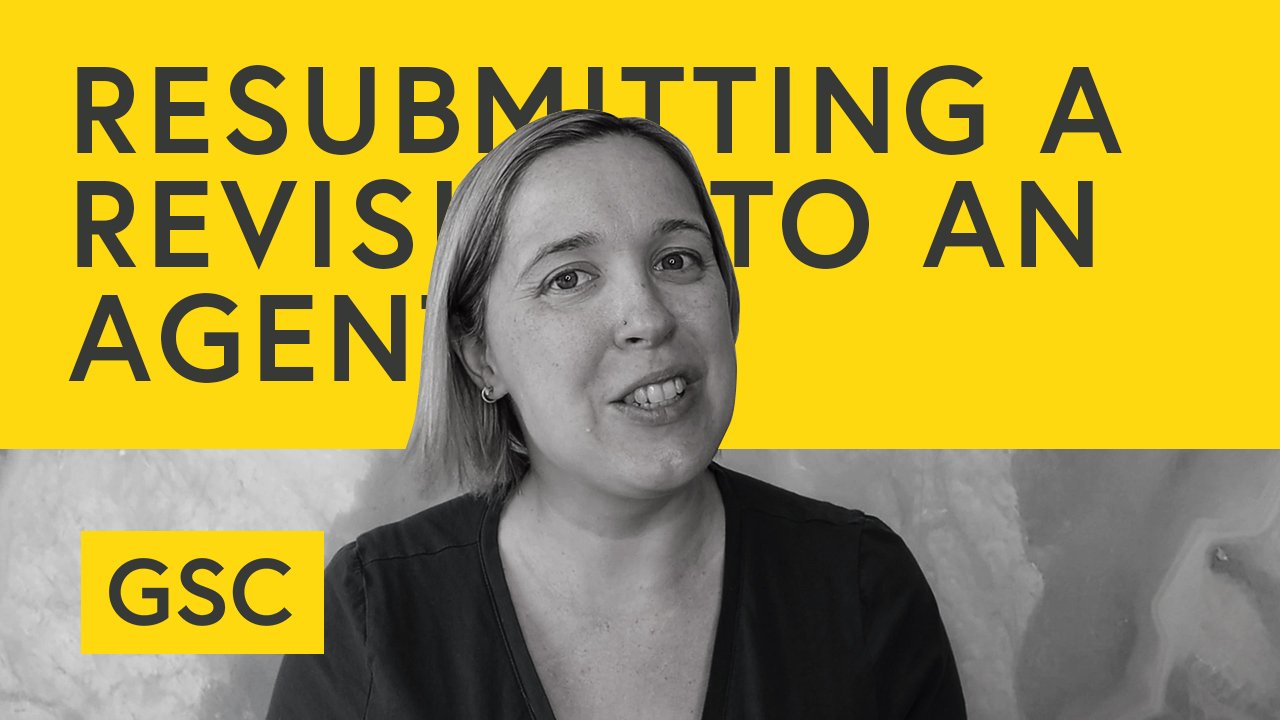
Resubmitting a Revision to an Agent
Will agents and editors consider a revision of a manuscript they've already rejected? Check out this week's video for tips on resubmitting a revision to an agent.

Nonfiction Article Vs Book
Do you have an idea for a nonfiction project? Ask yourself these questions before deciding if your idea is book-worthy, or if it makes more sense as an article.

Writing Backstory: Know What’s Enough
Just like us, our characters all have pasts. Our histories are what make us who we are, and the events of our lives carry us to the present moment. Know when and how much to share about your character’s backstory so that your readers understand them and it doesn’t take away from the story.

How to Submit Your First Ten Pages
You are so familiar with your story’s opening, you’ve created blind spots. You’ve most likely rewritten this part more than any other, so in your mind it might still contain information you deleted four iterations ago. So how do you know whether your first ten pages are submission-ready?
